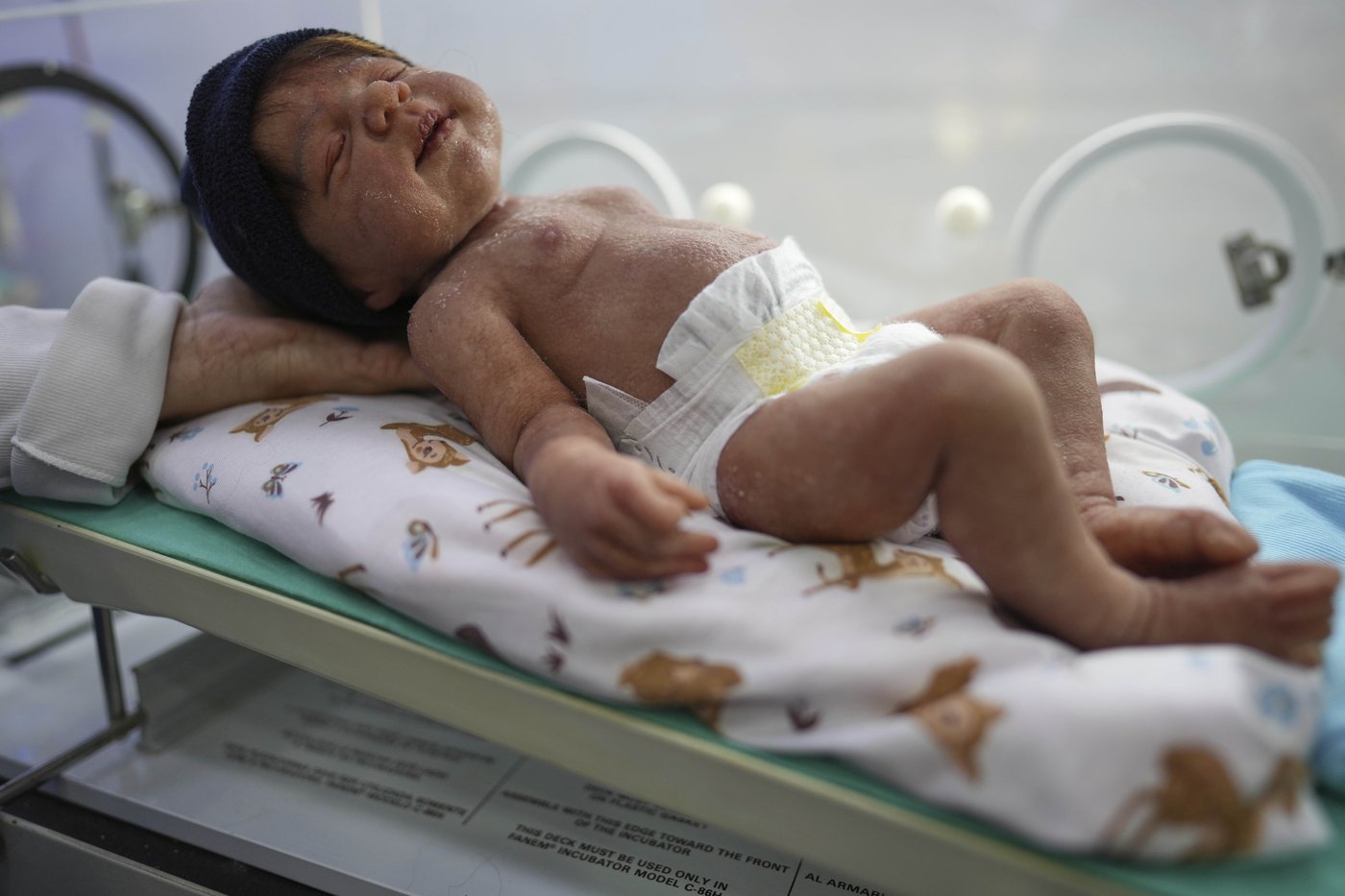Elevate your local knowledge
Sign up for the iNFOnews newsletter today!
[byline]

SAO PAULO (AP) — Videos featuring emotional moments with hyper-realistic baby dolls have sparked both online fascination and political debate in Brazil, with lawmakers even bringing the lifelike dolls into legislatures.
Influencers have staged situations such as birth simulations and strolls in shopping malls with the hand-crafted baby figures, known as “reborn” dolls, creating videos that have gone viral.
In Rio de Janeiro, the city council has passed a bill honoring those who make the lifelike dolls, pending Mayor Eduardo Paes’ signature. Meanwhile, legislators elsewhere across the country have debated fines for those seeking medical help for such dolls, following a video allegedly showing a woman taking one to a hospital.
Lawmakers have brought the dolls into legislative chambers.
On Tuesday, Joao Luiz, a state lawmaker from Amazonas, appeared with a doll at the State House to announce plans to ban reborn dolls from receiving care in the state’s public health system. However, local media reported that health authorities had never recorded any such cases.

Last week, congresswoman Talíria Petrone criticized the attention her colleagues were giving to the issue. “Can we focus on what really matters? If someone wants to have a doll, let them. I have two real children and they’re more than enough work,” she said.
Dozens of “reborn mothers” gathered at Villa Lobos Park, in Sao Paulo, on Saturday for a 10th annual meet-up. Participants say criticism should be aimed at attention-seeking influencers, not the broader community.
The hyper-realistic baby dolls are often used for grief therapy or parenting practice.
Berenice Maria, a nursing assistant and longtime collector who owns eight dolls, says they offer emotional comfort. “I love reborns, despite the hate we see out there,” she said. “I want the right to go out with them … go to the mall, go to the park.”
Daniela Baccan, co-owner of a reborn doll shop in Campinas, Sao Paulo, said dolls sell from 700 reais ($124) to nearly 10,000 reais (nearly $1,800).

With the rising controversy, safety concerns are increasing.
“We’re locking up the store more, adding cameras,” Baccan said. “But at the same time, online demand has increased, and the store is seeing a much higher flow of people.”


___
Follow AP’s coverage of Latin America and the Caribbean at https://apnews.com/hub/latin-america
Want to share your thoughts, add context, or connect with others in your community?
You must be logged in to post a comment.